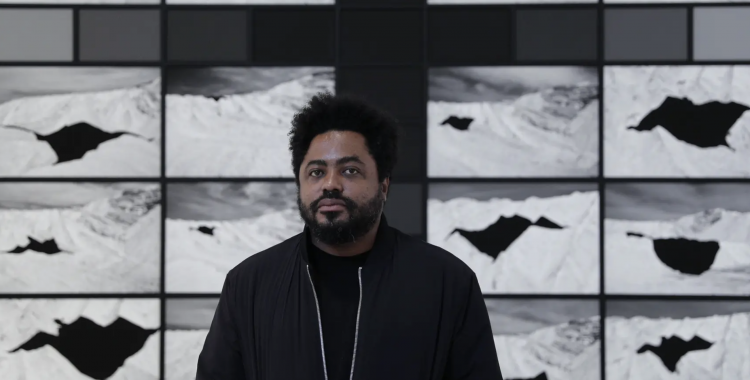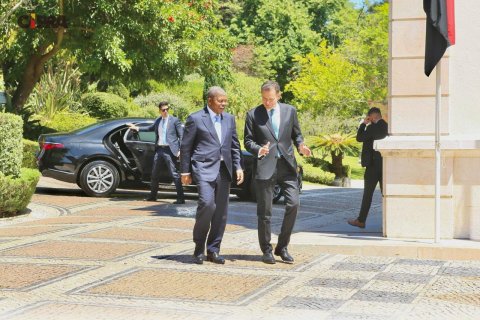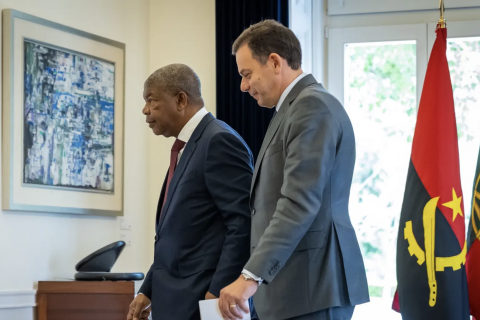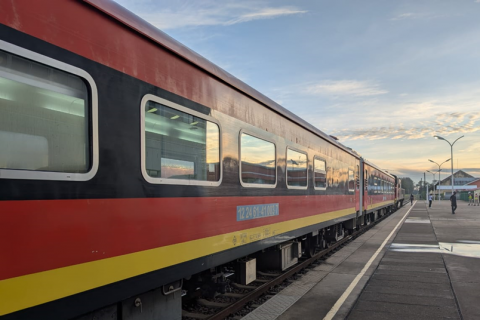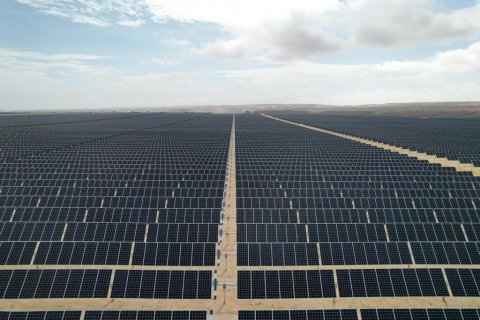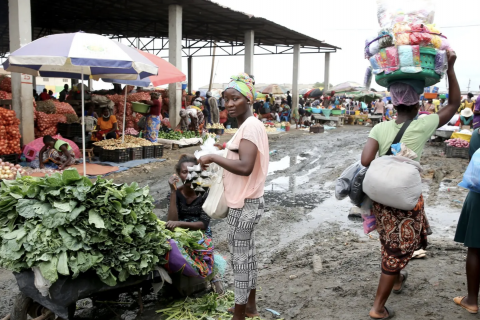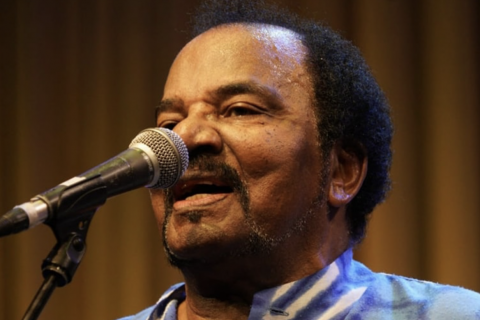"We must also stop romanticizing colonization, and this isn't limited to exhibitions or conferences", it should extend to school textbooks and public spaces, argues the curator, along with André Cunha, of the group exhibition "Balumuka! – Narrativa poética da liberação... ou ainda, Rebelião Poética Kaluanda," on display at the Sines Arts Center and part of the World Music Festival (FMM) program.
"The process of decolonization shouldn't be undertaken by just one side, by Angolans," emphasizes Kiluanji Kia Henda, feeling that, as he states, there's still a lack of openness on the Portuguese side to discuss the issue.
"Decolonization isn't limited to raising flags or composing anthems," he notes, advocating for "the celebration of memory in public spaces."
It is, in fact, for this purpose that the Memorial in Homage to Enslaved People will be built, to be installed in the Ribeira das Naus area of Lisbon, designed by Kiluanji Kia Henda.
The construction process for the memorial – a project by the Association of Afro-Descendants (Djass) approved in the 2017/2018 municipal participatory budget – has been going on for five years, and is now in the process of adapting the project, both artistically and budgetarily, but Kiluanji is confident it will be possible.
The delay – the visual artist observes – was due, in part, to "a public that doesn't understand the importance" of the memorial and prefers to ignore the fact that Portugal was responsible for "almost half" of the people "trafficked from Africa" and that the Portuguese "were the first to start [slavery] and the last to end it."
Looking at Angola, half a century after independence, Kiluanji Kia Henda sees "a country that still faces many challenges (...), which, unfortunately, has not yet found stability."
"It's a country with a very violent history" and in need of "more effective changes," he says, proud of today's Angolan youth, "who are strong, who want change, who don't want to settle for a history" that "has also subjected them to a certain silence."
This youth gives him "a certain hope," and Kiluanji finds in the artistic community today "a much more open, much more challenging language," which "can lead to a path of change."
"Balumuka! – Narrativa poética da liberação... ou ainda, Rebelião Poética Kaluanda," which brings together works by established and younger artists, is on display until October 15th. It's a look at music as a vehicle for preserving history and its importance during the period of colonial liberation, the civil war, and also peace.
"We can interpret society by looking at what musicians produced," emphasizes the curator, noting that "a lot" has already disappeared and that there is "a major problem regarding the preservation of memory in Angola."
However, there are some documentaries that provide "a very in-depth overview of certain periods of Angolan history" and were therefore included in the exhibition, which covers the chronological period from 1960 to 2025.
Five films are on display, from 1978 to 2018: "Carnaval da Vitória", by António Ole; "Mopiópio" by Zézé Gamboa; "É Dreda Ser Angolano" by Pedro Coquenão + Luaty Beirão; "Luanda – A Fábrica da Música" by Kiluanje Liberdade and Inês Gonçalves; and "Para Além dos Meus Passos" by Kamy Lara.
The multidisciplinary project brings together artists Cassiano Bamba, Pedro Coquenão and Luaty Beirão, Zezé Gamboa, Kiluanje Liberdade and Inês Gonçalves, Kiluanji Kia Henda, Kamy Lara, Wyssolela Moreira, António Ole and Gegé M'bakudi, and Resem Verkron.
Two series of Kiluanji Kia Henda's works ("Versus Carnaval" and "O Som é o Monumento") are on display, along with two curated works by Wyssolela Moreira and Resem Verkron & Gegé M'bakudi, in dialogue with the archive of the Valentim de Carvalho publishing house, and the photography series "Luandar," previously unpublished images of the Kaluanda youth movement, by Cassiano Bamba.

